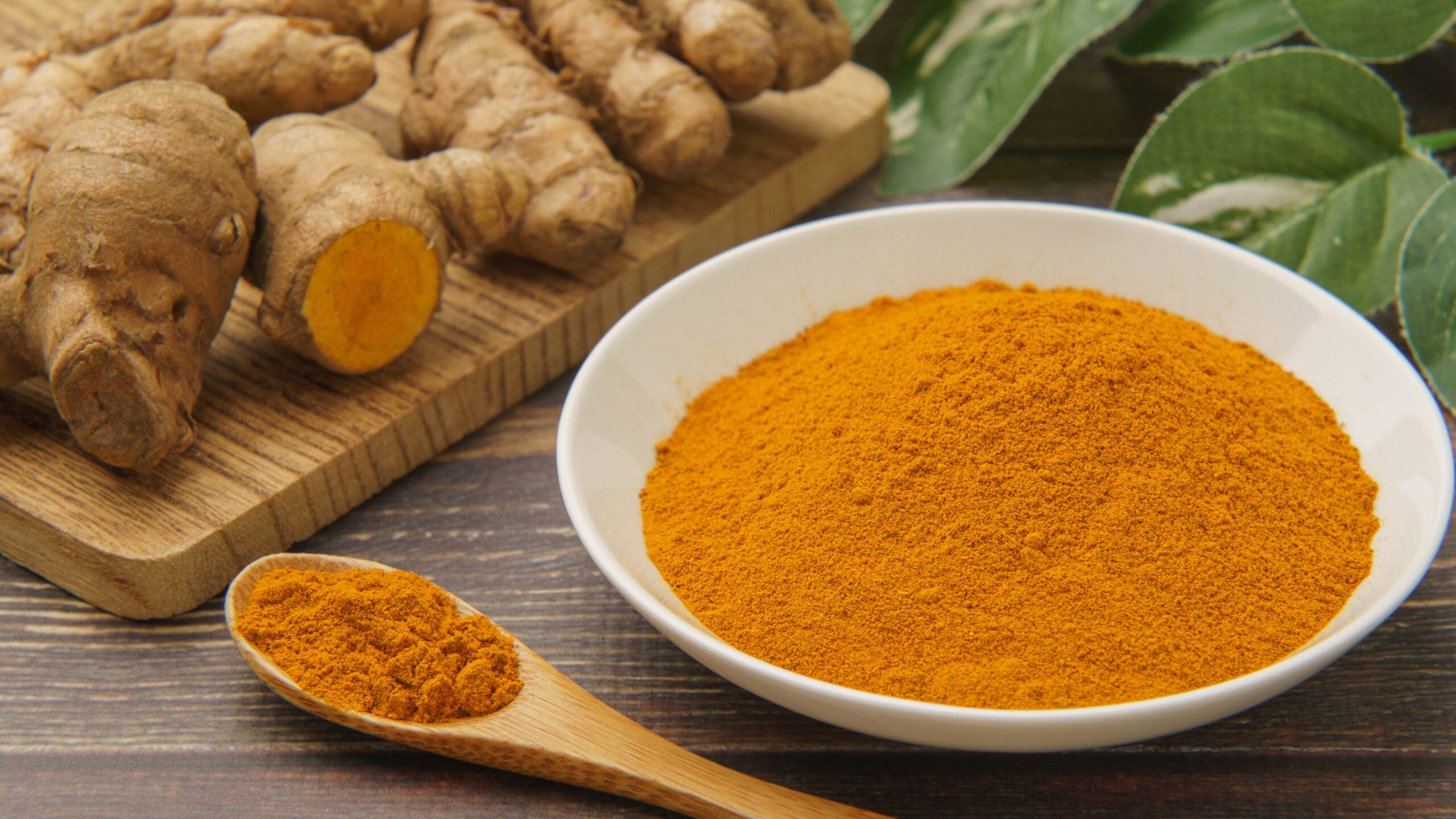Table of Contents

Turmeric's golden compound curcumin offers natural relief for arthritis sufferers, potentially rivaling some prescription medications with fewer side effects.
At a Glance
- Curcumin, the active ingredient in turmeric, has powerful anti-inflammatory and antioxidant properties that can help reduce joint pain and stiffness
- A clinical study found 1,000 mg of curcumin daily for 12 weeks helped relieve arthritis symptoms with effects comparable to the drug diclofenac but with fewer side effects
- Combining turmeric with black pepper enhances curcumin absorption, making it more effective for managing inflammation
- While beneficial, turmeric supplements should not replace doctor-prescribed medications, healthy diet, and exercise for arthritis management
Understanding Turmeric's Active Compounds
Turmeric, a bright yellow spice related to ginger, has been used in cooking and traditional medicine for centuries. What makes this kitchen staple particularly valuable for joint health is curcumin, a compound that comprises only about 3-5% of turmeric but delivers powerful anti-inflammatory and antioxidant effects. These properties directly target the inflammation that causes joint pain, stiffness, and swelling in arthritis conditions. The spice works by blocking inflammatory pathways at the molecular level, potentially reducing the production of inflammatory substances in the body that contribute to joint deterioration.
Researchers have identified multiple mechanisms through which curcumin provides joint relief. Beyond simply reducing inflammation, curcumin helps protect joint tissues from oxidative stress—the cellular damage caused by free radicals that accelerates joint degeneration. This protective effect may help slow the progression of osteoarthritis, the most common form of arthritis that typically affects older adults as joint cartilage wears down over time. Regular consumption of turmeric could help preserve joint function longer and maintain better mobility for those with early-stage joint problems.
1 g of curcumin/phytosome supplement for 3 months caused arthritis symptoms to drop 58% & increased mobility 4-fold. https://t.co/wuBLBhpKfu
— Dr. Rhonda Patrick (@foundmyfitness) January 21, 2016
Scientific Evidence for Arthritis Relief
Clinical research continues to validate turmeric's benefits for joint health. A notable study published in BMC compared curcumin to diclofenac, a nonsteroidal anti-inflammatory drug commonly prescribed for arthritis pain. The results showed curcumin provided similar pain relief to the prescription medication but with significantly fewer side effects, particularly regarding digestive issues. This finding is especially relevant for arthritis patients who often experience stomach problems with conventional pain medications, making turmeric a gentler alternative for long-term use.
Another meta-analysis recommended 1,000 mg of curcumin daily for arthritis management based on pooled data from multiple studies. Participants who took this dose for up to 12 weeks reported meaningful improvements in pain levels and mobility. The research also documented decreased levels of high-sensitivity C-reactive protein, a marker of inflammation in the body, confirming curcumin's anti-inflammatory action wasn't just subjective but measurable at the biological level. These findings provide concrete evidence for turmeric's role in comprehensive arthritis management.
Optimal Ways to Use Turmeric for Joint Health
Getting therapeutic amounts of curcumin solely from cooking with turmeric can be challenging, as the spice contains relatively small percentages of the active compound. Many people benefit from supplements that concentrate curcumin to achieve the 1,000 mg daily dose suggested by research. However, curcumin isn't easily absorbed by the body on its own. Combining turmeric with black pepper, which contains piperine, can enhance absorption by up to 2,000%. This explains why quality supplements often include black pepper extract or why adding both spices to foods may increase benefits.
For those preferring to use whole turmeric rather than supplements, incorporating it into daily meals provides a natural approach. Popular options include golden milk (turmeric mixed with warm milk and other spices), turmeric tea, or adding the spice to soups, stews, and smoothies. When using turmeric medicinally, consistency matters more than occasional high doses. Regular consumption establishes anti-inflammatory effects that build over time, potentially providing cumulative benefits for joint health and function that help maintain quality of life for arthritis sufferers.
Safety Considerations and Complementary Approaches
While turmeric is generally safe in food quantities, higher supplemental doses require some caution. Potential side effects at high doses include digestive discomfort, and turmeric can interact with certain medications, including blood thinners, pain relievers, and some immunosuppressive drugs. Those taking 1,000 mg or more daily should be aware that such doses may affect iron absorption, potentially leading to deficiency over time. As with any supplement, consulting a healthcare provider before starting a turmeric regimen is essential, especially for people with existing medical conditions.
Turmeric works best as part of a comprehensive approach to joint health. An anti-inflammatory diet rich in omega-3 fatty acids, fruits, vegetables, nuts, legumes, and whole grains complements turmeric's effects by reducing overall inflammation. Regular, gentle exercise maintains joint flexibility and strength, while maintaining a healthy weight reduces pressure on joints. When combined with these lifestyle approaches, turmeric can be a valuable component of arthritis management, potentially improving quality of life and reducing reliance on conventional pain medications with their associated side effects.
Sources:
https://www.medicalnewstoday.com/articles/325902
https://arthritis.ca/treatment/emerging-treatment-and-research/turmeric
